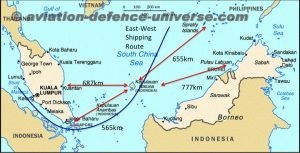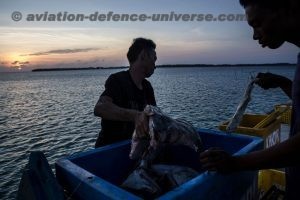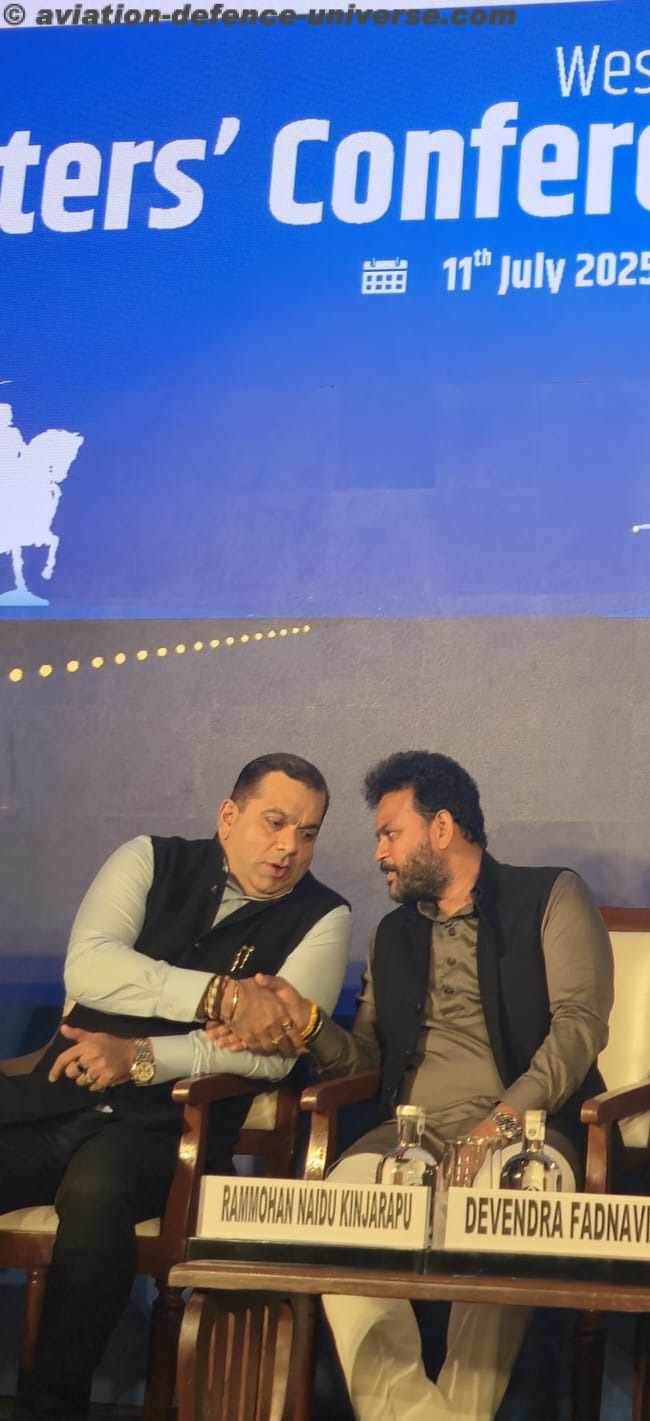
By Suresh Somu
Jakarta, Indonesia. 21 May 2020. Sovereignty is a matter of distinct pride for Indonesia and there will be no compromises with anyone seeking to intrude into its territorial waters. Early this year, heads turned towards Indonesian President Jokowi when he took China by the horn when the powerful Chinese tried to enter inside Indonesia’s exclusive economic zone.
He daringly walked the talk. From firing warning shots, interception of Chinese boats and trawlers, with most recent action, deployment of fighter jets that buzzed the sky and naval vessels that patrolled in the waters off the Natuna island. Neighbouring nations hailed Indonesia’s courageous stand-up attitude despite its own drawbacks in terms of military might.
While China has not claimed the Natuna islands, it showed nothing to indicate a move away from its ground either. It firmly states that it has nearby fishing rights within a self-proclaimed Nine-Dash Line that includes most of the South China Sea – a claim that is not recognised internationally.

And if there is one other person who stood up against China operating illegally in the Indonesian waters, is Jokowi‘s first term, Fisheries Minister, Susi Pudjastuti. Hailed as gutsy and no nonsense, she scuttled nearly 500 illegal fishing vessels with Navy assistance. With a zero tolerance policy, she ordered foreign boats seizure and boat-sinking policy.
But the publicly popular Madam Susi was replaced by Edhy Prabowo in Jokowi’s second term, which drew strong critisim by maritime and fisheries observers, suggesting in a paradigm shift.
MARITIME SENTRIES
Jakarta’s latest tactic is to relocate hundreds of fishermen from the populous Indonesian island of Java to the Natunas in order to act as maritime sentries. This was a clear attempt to defend against China’s illegal incursion into the nation’s exclusive economic zone.

But observers are asking the pertinent question: Has the first line of defence really yielded positive outcomes for Indonesia? For sometime, China was busy with the Covid-19 and there were no activities reported. But now, the Chinese has returned to dawn the livelihood of the fishermen. Nothing is sorrier than feeling vulnerable in one’s own water as recent reports suggested that the government is turning a blind eye towards the activities undertaken by the Chinese fleets.
And also the government’s current plan to establish several strategic economic and tourism zones could also inevitably force the relocation of many coastal communities, too, which yet could be another reason for not taking immediate action in the Natuna waters.
So from hardline stance to a much softer approach, brings unrest and jitters among the local fishermen who feel seriously vulnerable. The United States of America has also strongly urged China to “stop exploiting the distraction or vulnerability of other states to expand its unlawful claims in the South China Sea”.
Now, let’s not forget that China is also one of Indonesia’s largest trading partner that will also make the situation even more delicate. While one might say that crossing maritime swords will not affect bilateral trade or investment, analysts are of the opinion it could affect its ability to stake its territorial claim in the Natuna Island in the long term. And one way to reduce the reliance on China is to seek balancing ties with other foreign investors such as Japan. This will give more control and options to manage China tactfully.
Quite clearly, for now, Indonesia is wary of offending China again.
Whatever the immediate waves of territorial incursions, Indonesia will not bend when it comes to sovereign, a message vividly driven by President Jokowi. So let’s hope he will continue to seriously walk the talk despite the shortcomings presented to the nation in order to keep China at its bay.

























































































































